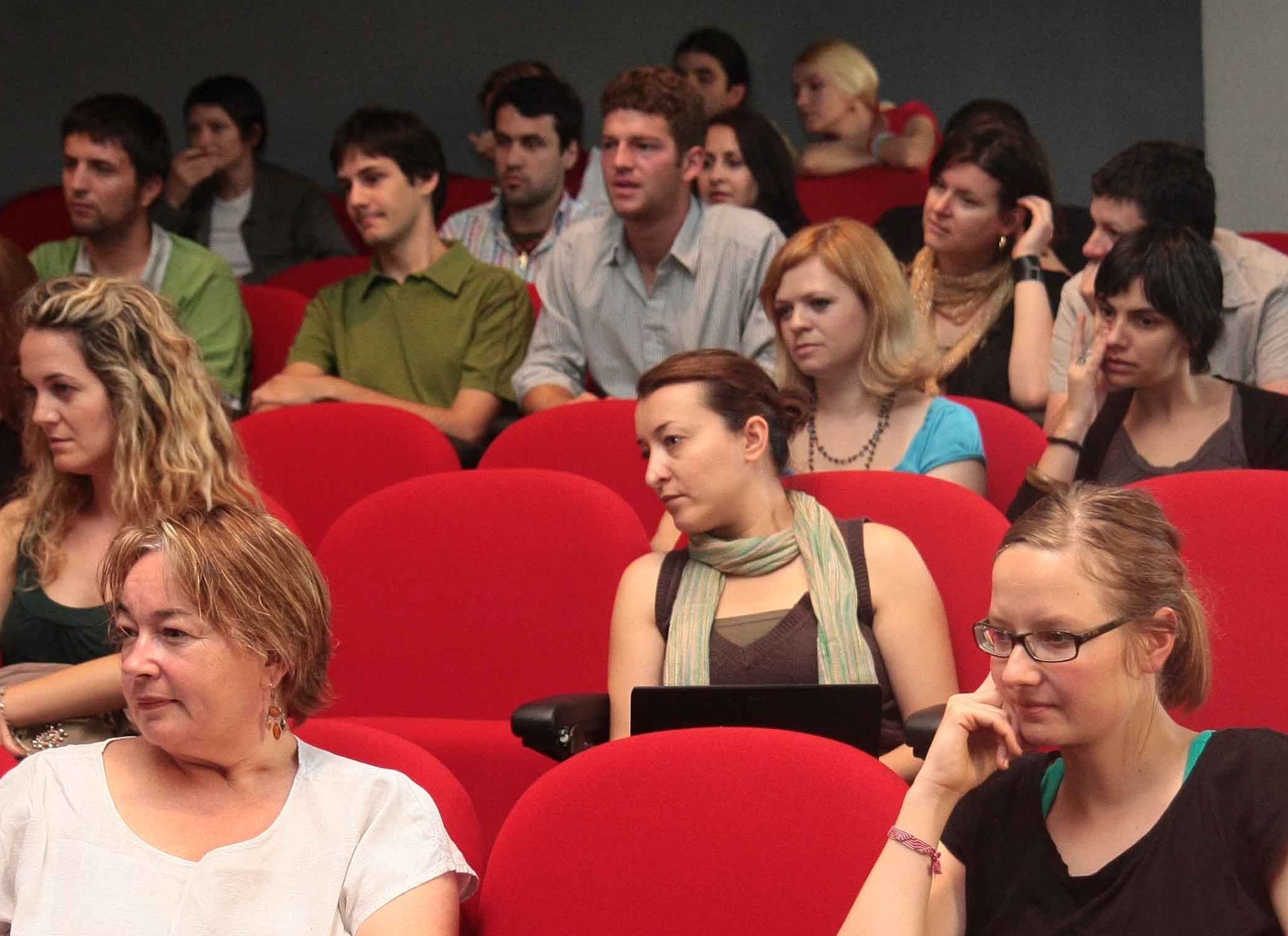Uncategorised Article Count: 27
News Article Count: 0
By FMA Article Count: 27
Peacebuilding in PYC Article Count: 7
Academy 2009 Article Count: 0
Ubleha za Idiote Article Count: 39
Ubleha.
Courses Article Count: 3
Instructors Article Count: 5
Right Article Count: 1
News Article Count: 2
Main Article Count: 2
Academy 2008 Article Count: 0
main Article Count: 1
Instructors Article Count: 4
Comments Article Count: 9
Selected comments from Academy 2008 instructors and participants.
Courses Article Count: 3
Academy 2012 Article Count: 0
Academy 2015 Article Count: 0
Academy 2010 Article Count: 0
Right Article Count: 1
Main Article Count: 1
Courses Article Count: 3
News Article Count: 1

Instructors Article Count: 4
Academy 2011 Article Count: 0
Essays (English) Article Count: 0
2011 - Gender, Sexuality and Violent Conflict Article Count: 3
2010 - Memory and its Role in Conflict Article Count: 3
2009 - Understanding Internal dynamics Article Count: 1
2008 - What Can We Learn From Peace Movements? Article Count: 5
2009 - Activism Reloaded Article Count: 1
2020 - International Summer Course Article Count: 7
2021 - Peacebuilding Practices in Divided Societies Article Count: 11
2021 - Trauma-Sensitive Peacebuilding Article Count: 1
Publications Article Count: 0
Publications by the Peace Academy Article Count: 9
Publications by the Peace Academy
Ukraine exchanges Article Count: 4
The Peace Academy has implemented a series of customized trainings for professional groups from the Ukraine. These enable learning from the experiences of post-war processes in Bosnia. In order to do this, they have incorporated 3 approaches:
- Encounter: The beginning point for achieving the program objectives is the perspective derived from exposure to an unknown context and the resulting potential for reflection. The orientation tour will involve encounter with professional peers as well as the post-war context and its ongoing impact on society. Additionally it serves to support participants to disengage from the conflicted and likely stressful situations they leave at home.
- New concepts and their adaptation: Workshops aim to develop skills among the participants to mitigate violence and influence their constituents’ attitudes and perceptions about people on either side of the conflict. The visit and training design have been adapted for the wide diversity of expected participants by inclusion of specific sessions (for example on conflict-sensitive journalism). In addition, materials will be adapted do identify the motivators for each audience, use of direct language, awareness of the constraints of each participant group and active participation to apply each concept. On several occasions different audiences will be separated in order to maximize learning specific to that group.
- Building commitment and empowerment: Bosnia has been a witness to extensive skill training and awareness building. What makes the difference in our experience is exposure to people who ‘walk the walk’. Peer-to-peer collaboration is designed to foster one-on-one professional relationships. In order to maximize this component peers will be part of the opening and closing dinners and the orientation day. The Peace Academy offers our network of participants and collaborators who are committed to positive impact on their context. In addition, several visits at the end of tour will provide exposure to post-conflict work that has been recognized as strategic with the intention that this expands participants’ sense of what is possible.
The specific areas of focus and participant profiles of these visits are described in more detail.
The program is implemented by Worldlearning and funded by USAID

